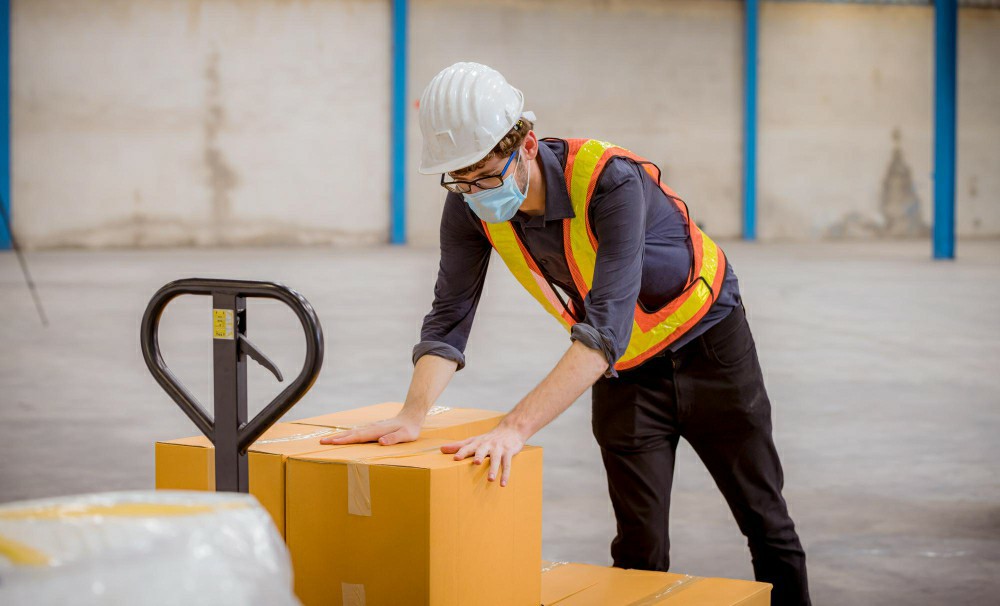


 349,500 Offered Certificates
349,500 Offered Certificates
 24/7 Online Training
24/7 Online Training
 Money Back Guarantee
Money Back Guarantee
 Fully Accredited Courses
Fully Accredited Courses

Created at: 01-02-2025 17:34
Manual handling is an essential aspect of many jobs, particularly in industries such as healthcare, construction, and logistics. Understanding proper manual handling techniques is crucial for ensuring the safety and well-being of employees. HSE Health and Safety Training emphasizes the importance of proper training in manual handling, which not only ensures compliance with HSE standards but also helps prevent workplace injuries.
The Health and Safety Executive (HSE) provides comprehensive guidelines on manual handling to help organisations mitigate the risks associated with lifting and carrying. Adhering to these guidelines is not just about following regulations; it's about fostering a culture of safety and care within your workplace.
Before enrolling in an HSE workplace safety training course, it's essential to understand what you can expect from the curriculum. A typical HSE manual handling course covers:
This section introduces the principles of safe lifting and carrying, including posture, the biomechanics of movement, and the importance of correct techniques. Participants learn how certain methods can reduce the strain on their bodies.
Understanding how to assess risks before engaging in manual handling tasks is crucial. This module teaches participants how to evaluate the workplace environment, identify hazards, and implement control measures.
Real-life scenarios enhance learning, allowing participants to practice various manual handling tasks safely. This hands-on approach helps reinforce the knowledge gained in theory, ensuring learners feel confident when applying techniques at work.
Many organisations in Dublin are turning to HSE online safety courses for their flexibility and accessibility.
Upon successful completion of an HSE Health and Safety Certification Training course, participants typically receive a certification that verifies their training. This certification is often a requirement for certain roles in Dublin, especially in sectors that involve manual handling.
Investing in HSE manual handling training is crucial for any organisation committed to workplace safety. Not only does it ensure compliance with legal standards, but it also promotes a culture of health and safety, benefiting both employees and employers. If you're ready to elevate your workplace safety initiatives, explore the comprehensive online courses available at Ireland Safety Training.
For more information, feel free to reach out at [email protected].